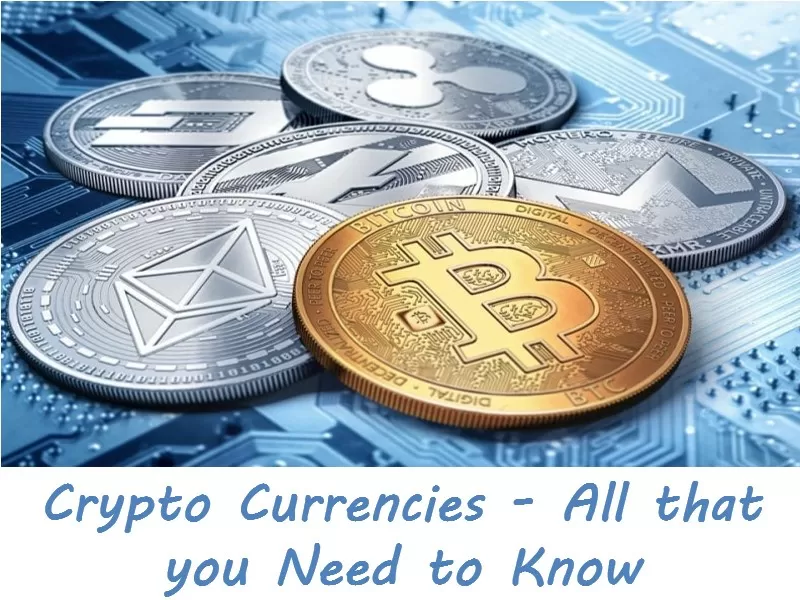all about crypto wallets
All about crypto wallets
Although cryptocurrency is defined as a form of “digital currency”—implying it’s a kind of money—most businesses and consumers have not adopted it as a common medium of exchange yoju casino. In other words, most stores will not accept crypto as a form of payment.
Though cryptocurrency is technically a currency, it’s also a digital asset, which means you can invest in crypto like you would with other asset classes, like stocks and bonds. That’s why you’ll commonly hear cryptocurrency be referred to as a “cryptoasset”.
With crypto assets, fundamental metrics such as a P/E ratio, dividend rate, or yield-to-maturity do not apply. Instead, HODLers may invest in the “scarcity value” of a finite crypto such as Bitcoin—similar to the way investors view gold and precious metals as assets that may hold their value amid inflation. Learn more about crypto HODLing.
All about crypto currencies
In June 2021, El Salvador became the first country to accept bitcoin as legal tender, after the Legislative Assembly had voted 62–22 to pass a bill submitted by President Nayib Bukele classifying the cryptocurrency as such.
A cryptocurrency wallet is a means of storing the public and private “keys” (address) or seed, which can be used to receive or spend the cryptocurrency. With the private key, it is possible to write in the public ledger, effectively spending the associated cryptocurrency. With the public key, it is possible for others to send currency to the wallet.
Cryptocurrencies are legal in the European Union. Derivatives and other products that use cryptocurrencies must qualify as “financial instruments.” In June 2023, the European Commission’s Markets in Crypto-Assets (MiCA) regulation went into effect. This law sets safeguards and establishes rules for companies or vendors providing financial services using cryptocurrencies.
In the United Kingdom, as of 10 January 2021, all cryptocurrency firms, such as exchanges, advisors and professionals that have either a presence, market product or provide services within the UK market must register with the Financial Conduct Authority. Additionally, on 27 June 2021, the financial watchdog demanded that Binance, the world’s largest cryptocurrency exchange, cease all regulated activities in the UK.
In May 2020, the Joint Working Group on interVASP Messaging Standards published “IVMS 101”, a universal common language for communication of required originator and beneficiary information between VASPs. The FATF and financial regulators were informed as the data model was developed.
On 23 March 2023, the SEC issued an alert to investors stating that firms offering crypto asset securities might not be complying with US laws. The SEC argued that unregistered offerings of crypto asset securities might not include important information.

What is crypto trading all about
There are many factors that affect crypto prices, like news, government regulations, and market demand. You can also use trading strategies like technical analysis, where you can study price charts, or fundamental analysis, where you focus on a coin’s value and purpose.
It’s essential to emphasize the importance of “Do Your Own Research!” This principle is so vital within the crypto community that it’s commonly referred to by its acronym, D-Y-O-R. Before investing in a token, coin, project, or other asset, you must do your due diligence. It’s key that you assess essential information about an asset to fully understand its risks. If you want to invest in an ICO, ensure you read the white paper and understand the tokenomics, roadmap, and communities before you make the jump!
The most profitable trading requires a well-thought-out strategy. You can decide whether you want to go for day trading, swing trading, or long-term investing. Each type of approach has its own risk and reward profile. Once, you have developed your strategy, you can start buying and selling crypto.
Cryptocurrency traders are people who buy and sell digital currencies like Bitcoin, Ethereum, and others, and trying to make a profit from their price changes. These traders can be anyone – tech enthusiasts, casual investors, or professionals who are looking to explore a new kind of market.
Decentralized exchanges (DEX) are peer-to-peer networks through which investors can acquire and liquidate digital assets without the assistance of a third party. These exchanges usually offer greater privacy and have a lower risk of hacking. Decentralized exchanges typically don’t accept fiat payments and may be more complex to navigate. Uniswap is one example of a decentralized exchange.
